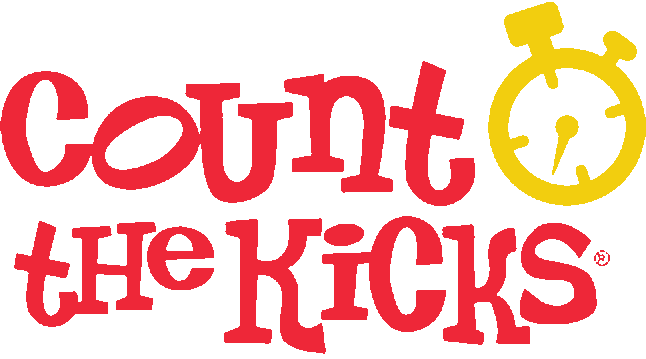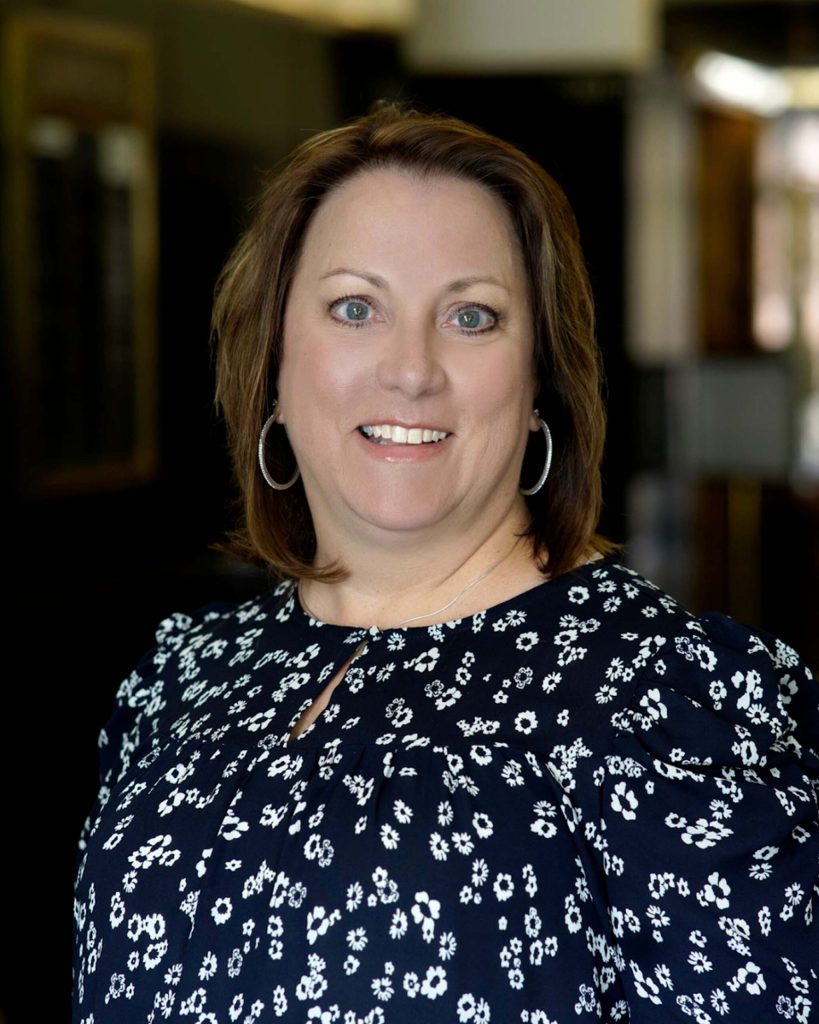Overview
Our Outreach Education Program is designed to provide training to perinatal healthcare providers who care for West Virginia’s pregnant women and their newborns. Our goals include:
- Promoting evidence-based practices that contribute to safe and healthy pregnancies and deliveries.
- Emphasizing the importance of maintaining a statewide system of high-quality perinatal services that are accessible to all residents.
- Alerting healthcare professionals to emerging research in pregnancy, delivery, postpartum, and newborn care.
- Identifying preventable causes of morbidity and mortality through data analysis.
- Facilitating multidisciplinary communication and collaboration among hospitals, providers, public health groups and community agencies.
Our Approach
We believe well-informed and well-trained providers are key to improving maternal and infant health outcomes.
“Our outreach education initiatives equip healthcare professionals across the state with the knowledge and skills necessary to deliver top-quality care to pregnant women and their newborns in West Virginia.”
– Mary Beth Stewart
Project Director, Outreach Education
To expand access to best practices in perinatal health education, the Partnership has developed a coordinated approach. Explore our collaborative projects that are working toward that goal:

Baby & Me Tobacco Free
The Baby & Me Tobacco Free Program strives to inspire and empower pregnant women and their families to overcome nicotine addiction and work to support communities in disrupting the generational impacts of tobacco.
The WVPP’s Help2Quit program has partnered with the BMTFP for pregnant women.
The program is structured to offer support, guidance, and incentives to pregnant individuals who are committed to quitting smoking and ensuring a tobacco-free environment for themselves and their babies.
For more information visit: babyandmetobaccofree.org or contact jfcurry@wvperinatal.org.
Community Doula Project
A doula is a trained professional who provides continuous physical, emotional, and informational support to a mother before, during and shortly after childbirth to help her achieve the healthiest, most satisfying experience possible.
This project focuses on educating doulas, establishing, and updating an online doula registry for West Virginia, providing grand rounds for labor and delivery units; collecting data; and obtaining curriculum and educational materials for expectant mothers, providers, and childbirth educators.
Find out more →

Count the Kicks
The WV Perinatal Partnership collaborates with Count the Kicks to bring free education for hospital staff, office staff and providers regarding parental monitoring of fetal movement in the third trimester to reduce the incidence of of stillbirth in West Virginia. Additionally, hospitals and offices can obtain free patient education materials including the Count the Kicks app, pocket cards, posters and magnets. “By providing stillbirth prevention education and resources, we can improve care and empower expectant parents to advocate for themselves and their baby.” (countthekicks.org)
For more information, contact Mary Beth Stewart at mbstewart@wvperinatal.org or visit the Count the Kicks website to order materials.
Evidence Based Labor Support (ELBS)
Labor and delivery nurses play an essential role in ensuring healthy, satisfying birth and breastfeeding initiation. The Lamaze Evidence-Based Labor Support Workshop educates labor and delivery nurses to create the bridge between knowledge and practice. Continuing Nursing Education Credits (CNE) and 7.50 Lamaze Contact Hours are awarded.
Find out more →
Fetal Heart Monitoring
The Association of Womens’ Health Obstetric and Neonatal Nurses (AWHONN) provides the structure for fetal monitoring courses. Participants are awarded continuing nursing education (CNE) credit or continuing medical education (CME) credit. These courses include:
Intermediate Fetal Monitoring
For clinicians who have at least 6 months of intrapartum experience.
Advanced Fetal Monitoring
For clinicians who have at least 1 year of intrapartum experience. Though not required, the normal progression is to attend the Intermediate Course prior to an Advanced Course.
For those who are interested in teaching the AHWONN Intermediate Fetal Monitoring Course, an Intermediate Instructor course is offered. This year, 4 new intermediate instructors have begun teaching fetal heart monitoring in their hospitals. There have been 4 Advanced Fetal Monitoring courses with 44 RNs, 2 CNMs, and 1 MD in attendance.
To request an Intermediate or Advanced Fetal Heart Monitoring Course, contact Mary Beth Stewart at mbstewart@wvperinatal.org.
Help2Quit
The Help2Quit program is a project funded by the Bureau for Public Health to improve birth outcomes in West Virginia by reducing tobacco use before, during and after pregnancy.
In collaboration with the Division of Tobacco Prevention and the Office of Maternal, Child and Family Health, the Perinatal Partnership developed the Help2Quit program to provide the skills and resources perinatal health care providers need to help their patients quit smoking.
Lamaze Childbirth Educator Seminar
The Lamaze Childbirth Educator Seminar enables learners to develop the knowledge and skills to plan, facilitate, and evaluate a childbirth education program.
This hybrid seminar provides a 4-hour online introduction to teaching childbirth education and a 3-day in-person course for a total of 20 contact hours and is offered annually usually in the spring.
This seminar can be used to apply for the Lamaze International Childbirth Educator Certification (LCCE) Exam.
Love Your Birth Control
WVPP partnered with WV FREE to initiate a comprehensive approach to improving access and knowledge of contraceptive options. The Love Your Birth Control Project was developed with input from physicians, nurses, APRN’s, state agencies and organizations that support women’s health in West Virginia.
Love Your Birth Control aims to reduce barriers to the full spectrum of contraceptive options available to those of childbearing age, as well as increasing patient satisfaction. Through the use of client-led education, non-commercial materials and discussion of bias in contraceptive counseling, the LYBC project has raised awareness of birth control options, issues and barriers to access.
Find out more →
Obstetrical Complications in the Emergency Department
In the 1990’s West Virginia had 40 birthing facilities, however, in 2023 only 20 continue to be in operation. With this decrease in facilities, access to obstetrical providers is severely limited in many of our most rural areas.
Following delivery, many women return to communities that are an hour or more drive from the nearest obstetrical provider. When they experience postpartum complications, many will arrive at the local emergency department or urgent care center. Unfortunately, these locations are often not primed to think of the postpartum period as requiring additional assessment, rapid diagnosis, and interventions specific to the care of pregnant or postpartum women.
This training includes an overview of obstetrical complications, their diagnosis, treatment protocols and ACOG recommendations for the entire emergency department team, local EMT units and hospital support staff. A hands-on simulation portion of the training allows for practice in emergency delivery, discussion of managing hypertension and obstetrical hemorrhage.
Since triaging postpartum women to have a high priority is one key element to improving rapid recognition of dangerous complications, materials to continue awareness of obstetrical issues are provided to the ED’s. Posters, protocols and resources, such as phone numbers of the MFM and obstetricians for consults are included.
To learn more or arrange for a training, please contact Melanie Riley at rileym@marshall.edu.
Perinatal Bereavement
When parents experience the loss of a child whether by miscarriage, stillbirth, early perinatal loss, or removal of a child from their custody, they begin the long process of bereavement. At first, the experience can produce a myriad of feelings: shock, numbness, denial, and disbelief. Other emotions begin to emerge such as guilt, anger, loneliness, despair, sadness and regret. The loss of a child affects siblings, family, healthcare providers and community.
A bereavement program offers support for parents, siblings, grandparents, extended family, community, and healthcare staff, which often begins before death and continues well beyond discharge. Bereavement support includes counseling, spiritual care, supportive presence, silence and active listening, as well as validation and reassurance.
Find out more →
Simulation Based Obstetrical Education
Advanced Life Support in Obstetrics (ALSO)
The American Academy of Family Physicians (AAFP) developed a comprehensive course to promote a standardized team-based approach amongst physicians, residents, nurse midwives, registered nurses and other members of the maternity care team to improve patient safety and outcomes in obstetric emergencies. Advanced Life Support in Obstetrics(ALSO) is an evidence-based, multidisciplinary training course utilizes team work and skills to address obstetric emergencies.
This is an 8-hour course that can be offered at your hospital or in your region. There are prerequisites for this course that must be completed prior to the in-person class. There is a limit of 12 students per class. The cost per student is $150 with an additional mnemonic cards for $19.95.
OB Simulation Drill Training
Registered Nurses from the Perinatal Partnership travel across the state with low and high fidelity obstetrical simulators. Training is provided for OB departments, emergency departments for multidisciplinary staff.
POST BIRTH
POST BIRTH is a review of the Association of Women’s Health, Obstetric, and Neonatal Nurses “Save Your Life” for postpartum patient education. This review is offered to obstetric & emergency department nurses as well as providers.
For all of these trainings, contact Mary Beth Stewart at mbstewart@wvperinatal.org for more information.

Safe Sleep
The goal of Say YES To Safe Sleep For Babies is to make infants as safe as possible in their sleeping environment and prevent sleep-related injuries and deaths of babies under the age of one. Annual training for hospitals and home visitors if offered in conjunction with Team for West Virginia Children Our Babies: Safe & Sound.
For more information contact Mary Beth Stewart at mbstewart@wvperinatal.org or visit: teamwv.org/our-babies-safe-sound.
Spinning Babies
Spinning Babies® is a physiological approach to preparing for and caring for birth.
Learn fresh solutions for long, painful labors, fetal malposition or labor dystocia. More than techniques, we teach you to see birth with eyes for anatomy. We believe the baby’s position is just a clue. Address pelvic muscles with slow, sustained stretches and fascia techniques.
Find out more →
S.T.A.B.L.E.
The S.T.A.B.L.E. mnemonic stands for the the six assessment and care modules in the program: Sugar, Temperature, Airway, Blood pressure, Lab work, and Emotional support. This standardized process of care for stabilization of newborns can be used in any healthcare setting including hospitals, birthing centers, emergency rooms and/or clinics where a sick or pre-term newborn may be delivered. This program is evidence based to provide safe and effective care of sick or pre-term infants for their stabilization prior to transport.
This is an 8 hour course. Contact Mary Beth Stewart at mbstewart@wvperinatal.org for more information.
Our Team

Mary Beth Stewart, BSN, RNC-OB, C-EFM, IBCLC
Project Director
Outreach Education
Full Bio
